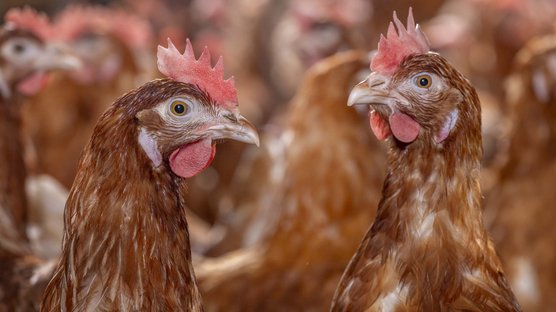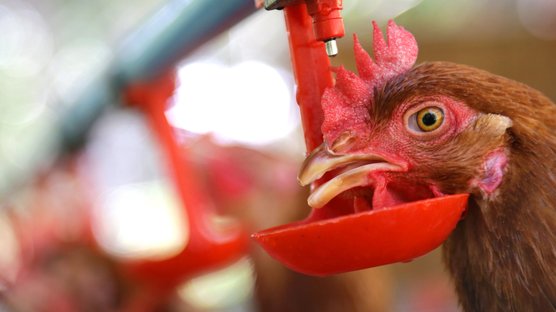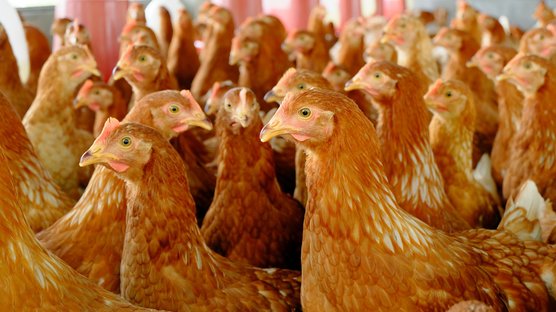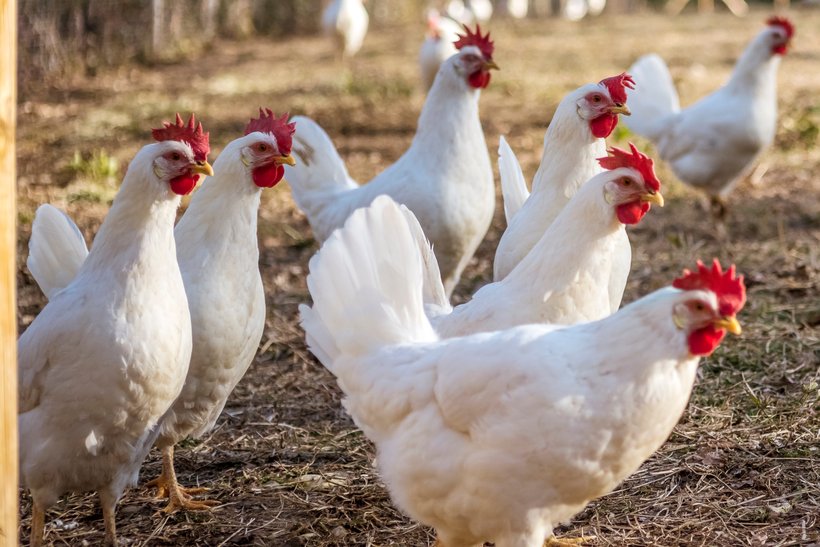
Published on April 15, 2021
Erysipelas in laying hens
Erysipelas is a bacterial disease, caused by Erysipelothrix rhusiopathiae, a gram positive, facultative anaerobic rod. E. rhusiopathiae infects most poultry species (laying hens, turkeys, broilers) and has been isolated from many mammalian species and from fish.
In layers, Erysipelas seems to be an emerging disease in areas changing from cage to free range, organic and barn housing systems. Sources of infection are contaminated soil, litter and water, dead animals, rodents, wild birds and pigs. Biting insects, like the poultry red mites, may act as vectors and reservoirs. E. rhusiopathiae can infect humans via cuts in the skin. Erysipelas is a zoonosis.
Clinical Signs
Acute mortality is the first clinical sign of laying hens infected with Erysipelas. A few lethargic birds, some diarrhea and some swollen heads can be seen. Erysipelas seems to affect layers at older age (43-73 weeks).
Diagnosis
Post-mortem shows signs of septicemia; swollen liver and spleen and point bleedings in fat tissue. The diagnose is confirmed by bacterial culture or PCR from liver, spleen, or bone narrow.
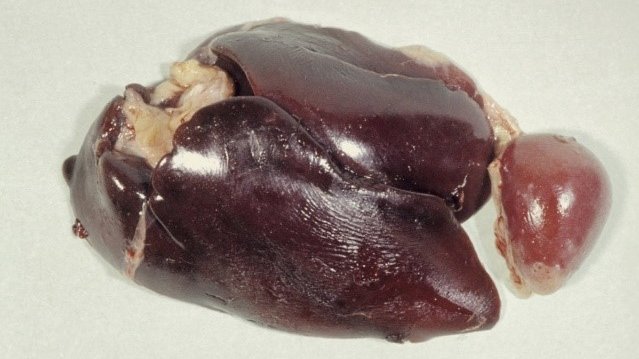
Swollen liver and spleen
Treatment & Control
Erysipelas reacts very well on treatment with small spectrum penicillin, but only during treatment. Removal of dead birds and other possible sources must support the treatment. Emergency vaccination normally is not a practical solution in producing layer flocks. After an outbreak, the first 3-5 replacement flocks should be vaccinated.
References
- Helena Eriksson. Diseases of Poultry, 14th Edition.
- Patricia S. Wakenell. Merck Veterinary Manual April 2020.

